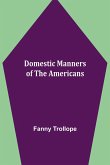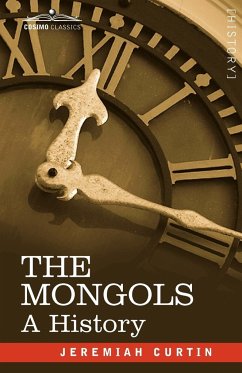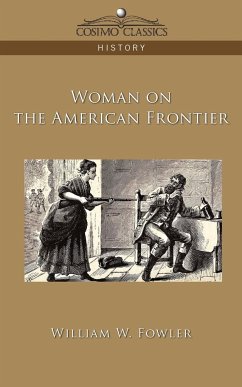G. K. Chesterton's patriotism and growing sympathy for the poor had always vied with his appreciation of Jewish family values and his gratitude to the Jewish people for bringing God to the world. Then, with the rise of Nazism, Chesterton once again became their champion. Chesterton and the Jews peels away post-Holocaust assumptions to reveal his complex feelings for "the Jews"--admiration, fascination, and fear--uncovering neglected layers of meaning in stories hitherto seen as anti-Semitic. No other work has considered this subject in such depth. Drawing upon Jewish publications, research into the Chesterton archives and genealogical records, painstaking analyses of Chesterton's fiction and non-fiction--and including elucidations of the works of Shaw, Wells, Churchill, Belloc, and Cecil Chesterton, among others--Ann Farmer has made a signal contribution to the study of anti-Semitism, racism, eugenics, and Zionism. A question addressed only tangentially in Chesterton biographies is here fully explored. The many Chesterton admirers will see him from an entirely new perspective, one that will be valued also by Jews and Christians interested in the issue of anti-Semitism and the need to learn from the mistakes of the past in order to avoid future tragedies. "One runs the danger of triteness in saying that a book answers a long-felt need. But here is a book that does precisely that. Chesterton's comments about Jews and Judaism have been the source of endless controversies and misunderstandings. Ann Farmer provides the first thorough and well-balanced discussion of the matter."--FR. IAN BOYD "Ann Farmer, in Chesterton and the Jews, has ventured fearlessly into thorny and potentially perilous terrain. Her study of Chesterton's complex relationship with the Jews is a work of meticulous scholarship that sheds much-needed light upon a misunderstood subject. For this she is to be wholeheartedly commended."--JOSEPH PEARCE "Chesterton and the Jews is a challenging, thoughtful, and well-researched book. The author explores whether G.K. Chesterton should be stigmatized as anti-Semitic and concludes that whilst he was not an anti-Semite, he did subscribe to beliefs influenced by anti-Semitism--a narrow but important distinction. Readers will learn that what appear to be simple words and actions are far more complicated than they seem at first glance."--EDWARD KESSLER "The subject of Chesterton's so-called anti-Semitism has bedeviled both his supporters and opponents. Ann Farmer has carefully restored Chesterton's attitudes to their time and place, when hostility to Jews and Judaism were commonplace, before the matter moved into the realm of justifiable outrage following the Holocaust. She shows the essential complexity of Chesterton's views and his changing attitudes in a balanced and discriminating study of the whole subject."--SHERIDAN GILLEY "Gilbert Chesterton, who died in 1936, long before the horrors of the Holocaust were known, had always been ready to discuss Jews and Jewish matters, although those he targeted were often unsure whether his intentions were benign or not. Ann Farmer here undertakes a long-needed study of the arguments for and against Chesterton, placing him in the context of his times and his contemporaries."--DENIS J. CONLON "Along with his colleague Hilaire Belloc, Chesterton is often seen as epitomizing Edwardian England's literate anti-Semitism, despite his consistent humanity and his support of Liberalism. What has long been necessary is a careful and detailed study of this question, examining all the evidence and, most importantly, placing it in context. Ann Farmer's new book is a most valuable and important corrective to the old misleading picture of this great and good man."--WILLIAM D. RUBINSTEIN
Hinweis: Dieser Artikel kann nur an eine deutsche Lieferadresse ausgeliefert werden.
Hinweis: Dieser Artikel kann nur an eine deutsche Lieferadresse ausgeliefert werden.








